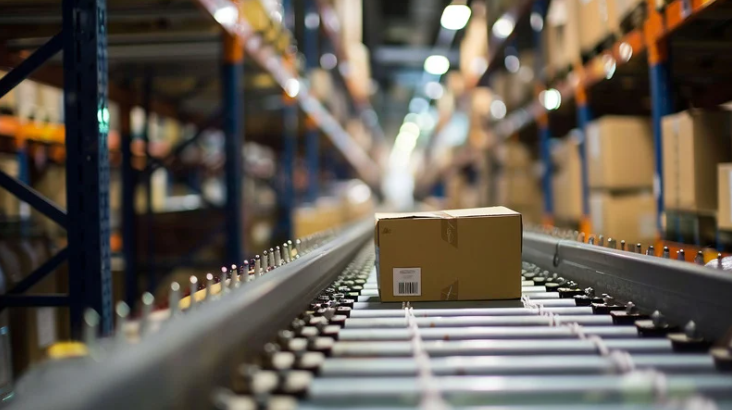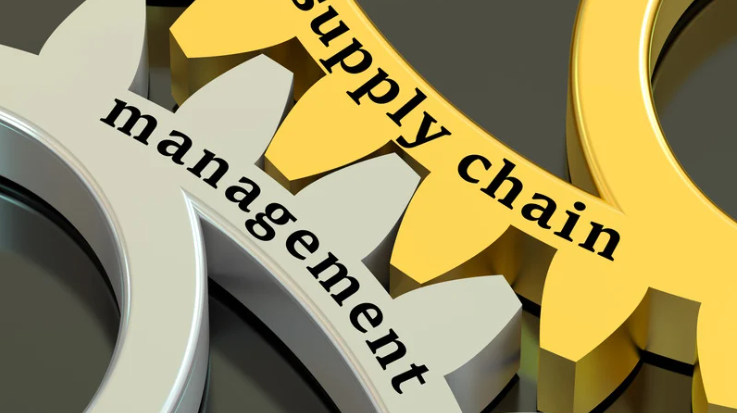
Artificial Intelligence (AI) is reshaping the logistics and supply chain industry by introducing smarter, more efficient, and data-driven processes. As businesses strive to optimize their operations and enhance customer experiences, AI has emerged as a transformative force. In this post, we will explore how AI is driving efficiency in logistics and supply chain management.
- Predictive Analytics for Demand Forecasting: AI-powered predictive analytics helps businesses anticipate demand fluctuations by analyzing historical data, market trends, and external factors. This enables companies to optimize inventory levels, reduce waste, and improve order fulfillment rates.
- Automation in Warehousing and Distribution: AI-driven robots and automated systems are streamlining warehouse operations by handling repetitive tasks such as sorting, packing, and inventory management. This not only improves accuracy but also reduces operational costs and enhances productivity.
- Smart Route Optimization: AI algorithms analyze traffic patterns, weather conditions, and delivery constraints to determine the most efficient routes for shipments. By minimizing fuel consumption and delivery times, businesses can significantly cut transportation costs and improve sustainability.
- AI-Powered Customer Service: Chatbots and AI-driven virtual assistants provide real-time assistance to customers by answering queries, tracking shipments, and resolving issues. This enhances customer satisfaction while reducing the workload on human support teams.
- Enhanced Fraud Detection and Security: AI plays a crucial role in detecting fraudulent activities within supply chains. By analyzing patterns and anomalies, AI-driven systems can identify potential threats, prevent cyberattacks, and enhance overall security.
- Dynamic Pricing Strategies: AI helps businesses implement dynamic pricing models by analyzing demand, competition, and market conditions. This enables companies to adjust prices in real time, maximizing revenue and competitiveness.
- AI in Supplier and Vendor Management: AI tools assess supplier performance, monitor compliance, and suggest alternative vendors in case of disruptions. This ensures a resilient and efficient supply chain network.
- Sustainability and Waste Reduction: AI assists companies in achieving sustainability goals by optimizing resource usage, minimizing waste, and identifying eco-friendly alternatives in supply chain operations.

